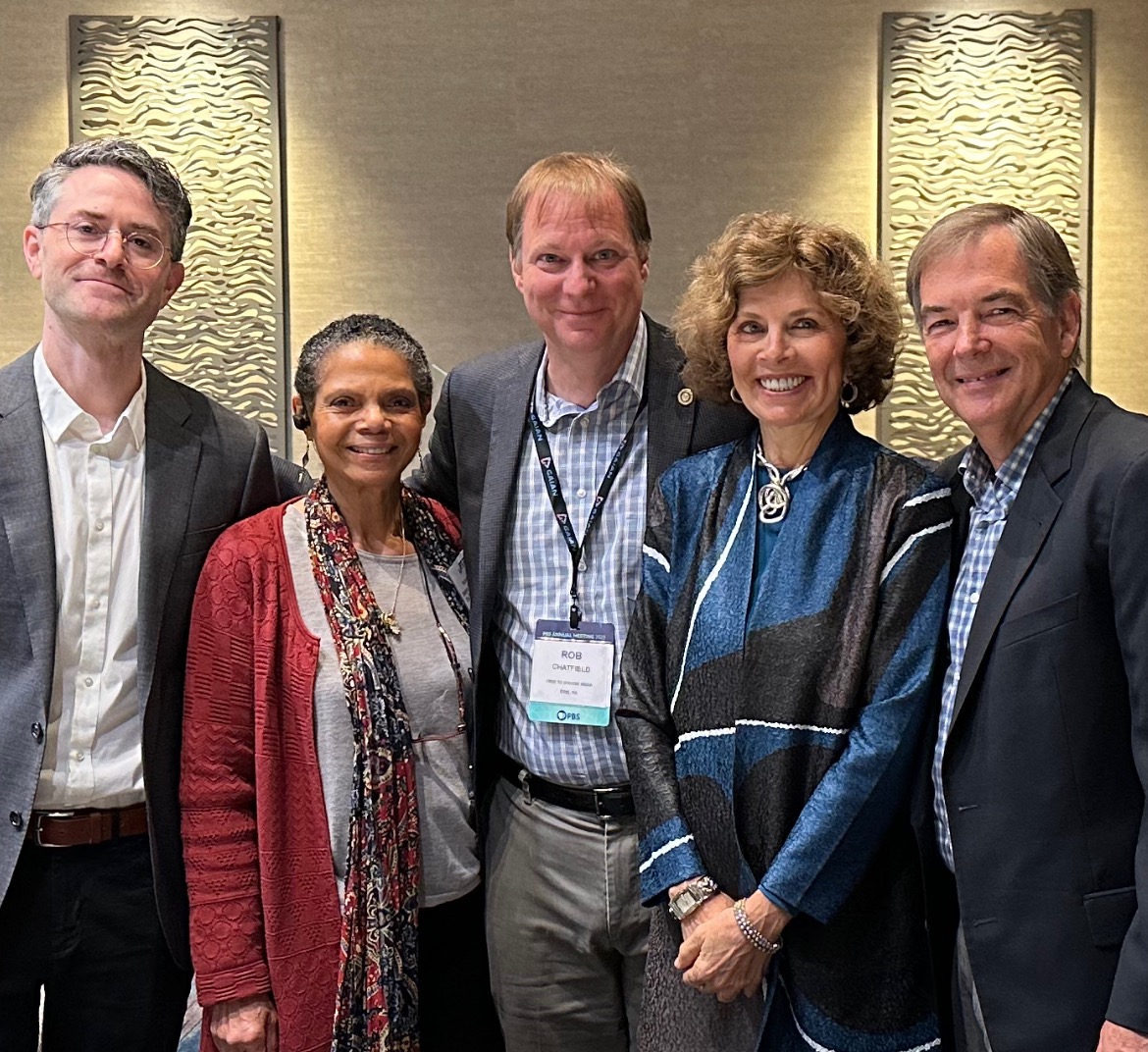From Adversity to Triumph: Dr. Rainer Zitelmann Explores the Human Spirit in ‘Unbreakable Spirit’
Dr. Rainer Zitelmann, a distinguished figure in the realms of business, economics, and philosophy, stands as a luminary whose intellectual contributions have left an indelible mark on contemporary thought. Renowned as an author, historian, and entrepreneur, Dr. Zitelmann’s multifaceted expertise traverses the intersections of wealth, success, and the human psyche. With a keen analytical mind, he has dissected the intricacies of financial achievement and personal development, offering profound insights that resonate with audiences globally.
As a prolific writer, Dr. Zitelmann has penned thought-provoking works that delve into the lives of successful individuals, unraveling the secrets of their triumphs and setbacks. His commitment to understanding the nuances of prosperity extends beyond the written word, as he actively engages in discourse through media appearances and lectures. Driven by a passion for empowering others to unlock their full potential, Dr. Rainer Zitelmann stands as a beacon of wisdom, guiding individuals toward a holistic and enlightened approach to success.
In your research on success, have you identified any common misconceptions or myths that people often have about achieving wealth and prosperity?
Luck and chance are often vastly overestimated. It is undeniable that luck and chance play a role in shaping success in life. Everyone can name countless examples of chance occurrences and happy coincidences in their own lives. The question is, however, just how big a role does luck actually play? Whether chance presents someone with a good opportunity or not is not the key question, but rather, does the lucky person actually recognize the chance they have been given? Or do they fail to appreciate the opportunity for what it is? “Chance shows me what I have an eye for,” said the Swiss author Max Frisch. If they do recognize their lucky break, do they take advantage of it? Do they act? Or are they the type of person who says, for example, “Maybe it’s something to think about one day…” The same applies to the kind of adverse and negative external circumstances that unsuccessful people like to use as excuses for failure. Very few people find themselves in an “ideal position” to start their rise to the top. Some have to battle physical disability, others have no academic qualifications, some may feel too young and others too old to take on a huge task, or they may even argue that their responsibilities toward their children and their family prevents them from fully committing themselves. Look at the people in my book Unbreakable Spirit, some were blind or deaf, others had no arms or were paralyzed. Were these people “lucky” in life? No, it was their inner attitude that was stronger than their disadvantages and disabilities.
Your book “The Power of Capitalism” delves into the positive impact of capitalism. What inspired you to write this book, and what key messages do you hope readers take away from it?
In my book The Power of Capitalism I compare countries that invite comparison because they have a lot of shared history and culture – North and South Korea, the German Democratic Republic, and the Federal Republic of Germany, Venezuela and Chile. The book also shows how the advance of capitalism and retreat of socialism turned China from a dirt-poor country, where tens of millions of people starved to death less than 60 years ago, into the world’s largest export nation, where famine has been eradicated. I am German and in the third chapter of my book I compare the former socialist East Germany and the capitalist West Germany. I also produced a film about it, which won an award at the Anthem Freedom Fest in Las Vegas last year. You can watch the film for free on YouTube: Life Behind the Berlin Wall.
I think that studying history is the best way to demonstrate the superiority of capitalism. Perhaps I can recommend a second film that is also available on YouTube – Poland. From Socialism to Prosperity.
We can all learn a great deal from Poland’s history. At the time of socialism, Poland was one of the poorest countries in the world. But after private property was introduced in 1990 and there were radical capitalist reforms, the lives of Poles improved dramatically and since then Poland has been Europe’s growth champion.
You have a new book out, “Unbreakable Spirit: Rising Above All Odds.” How do you believe the stories in “Unbreakable Spirit” can inspire and resonate with readers facing their own challenges and setbacks?
Successful people with disabilities can be great role models for everyone. We know from psychological research that unsuccessful people tend to see themselves as victims of external circumstances, while successful people regard themselves as shapers of their own destinies. In this context, psychologists speak of people having an “external” or “internal” locus of control. Today, it has become fashionable for people to adopt a victim mentality (which, of course, does not mean that there really are more and more victims than ever before). If you read the stories in my book about people who were blind, deaf, had no arms or legs or were confined to a wheelchair, you will see that it is not external conditions that are decisive, but an inner attitude. If these people have achieved so much despite their disabilities, what excuse do you have for not being successful? And what could you achieve if you had a similar attitude to these people?
Your work also covers topics related to motivation and mindset. What advice do you have for individuals looking to cultivate a success-oriented mindset?
I can’t help anyone who has no ambition. They won’t read my books anyway. I write for people who want to be successful in life. I can’t motivate people who aren’t motivated. But I can increase the motivation of people who are already motivated by giving them examples of people who have succeeded despite the greatest obstacles and difficulties.
An expert in book marketing, Michael has personally rebranded more than 1,000 books and made them bestsellers. He has written and published over 7,000 articles and has personally conducted interviews with some of the biggest names in dance music. Michael is passionate about disrupting his industry--and helping writers and music producers do the same. His extensive background in coding and SEO helps his clients breakthrough the digital landscape.
Prior to founding his own businesses, Michael worked in revenue-generation for leaders in the banking, telecommunications, and commercial business insurance industries, including Citibank Financial, Lucent Technology, AVAYA Communications, and Liberty Mutual.
Michael holds degrees in Business Administration, Business Management and Marketing from Nova Southeastern University. The author of two books, he is a dedicated reader and publisher, with many more books on the way.
- Navigating Leadership and Fulfillment: Monique de Maio shares insight into ‘The 7 Secrets to Creating a Life You Love’ in Exclusive Interview - January 29, 2024
- Revolutionizing Leadership: A Deep Dive into Adriana Vela’s ‘Brain Science for the Soul - January 16, 2024
- Learn From This Blind Man How To Set Ambitious Goals – and Achieve Them - January 2, 2024





